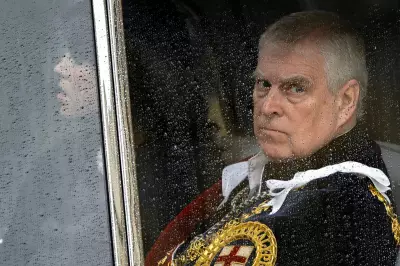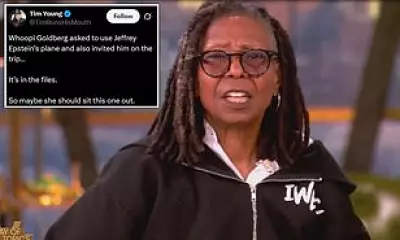
BBC favourite and renowned vocal coach Carrie Grant has launched a powerful critique against the television industry, highlighting the 'unbearable' psychological pressures faced by young people thrust into the spotlight of reality shows.
Speaking with striking candour, Grant, a regular face on The One Show and a judge on numerous talent programmes, expressed deep concern for the welfare of child contestants. She revealed witnessing firsthand the immense strain that comes with instant fame and intense public scrutiny.
The Hidden Cost of Prime-Time Fame
Grant didn't mince words, describing the environment for young performers as fraught with challenges that extend far beyond the stage. "The pressure we put on these young people is, at times, unbearable to watch," she stated, pointing to the lack of adequate support systems once the cameras stop rolling.
Her comments shed light on the often-glamourised world of television competitions, suggesting that the pursuit of entertainment can sometimes overshadow the duty of care owed to vulnerable participants.
A Call for Industry-Wide Change
The vocal coach's warning goes beyond mere observation; it's a direct appeal for reform. Grant is advocating for:
- Robuster safeguarding protocols to protect young contestants from emotional harm.
- Mandatory psychological support during and after their participation in high-pressure shows.
- A fundamental shift in production ethics to prioritise well-being over ratings.
Having guided countless young talents through her career, Grant's stance carries significant weight, positioning her as a leading voice for change within the UK's broadcasting sector.
An Insider's Perspective on a Systemic Issue
Grant's unique position as both a coach and a television personality gives her a dual perspective on the issue. She understands the drive to discover new talent but is increasingly alarmed by the potential cost. Her intervention sparks a crucial conversation about responsibility, ethics, and the long-term impact of early fame on mental health.
This powerful statement from such an established industry figure is likely to intensify ongoing debates about the duty of care in reality television and entertainment programming aimed at families.





